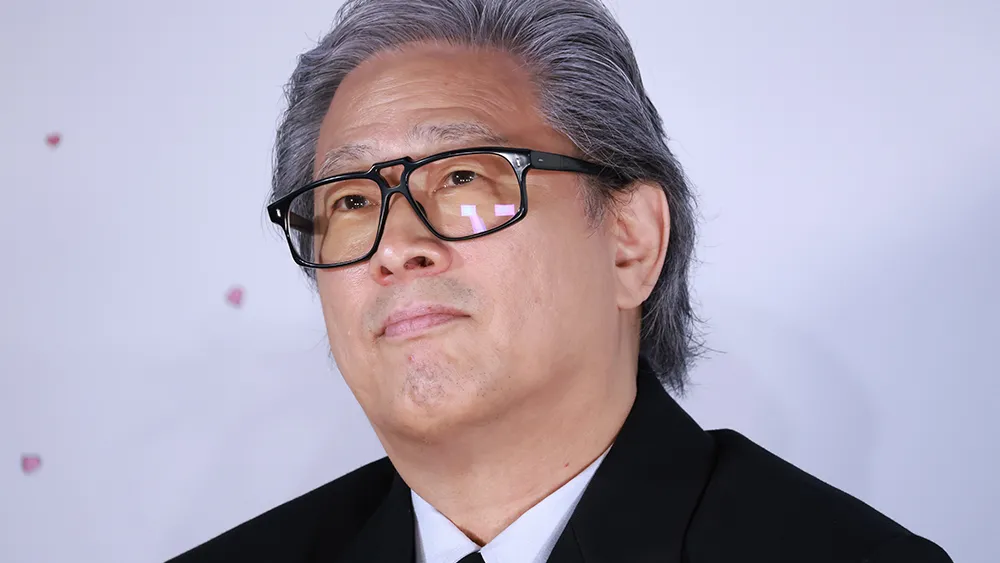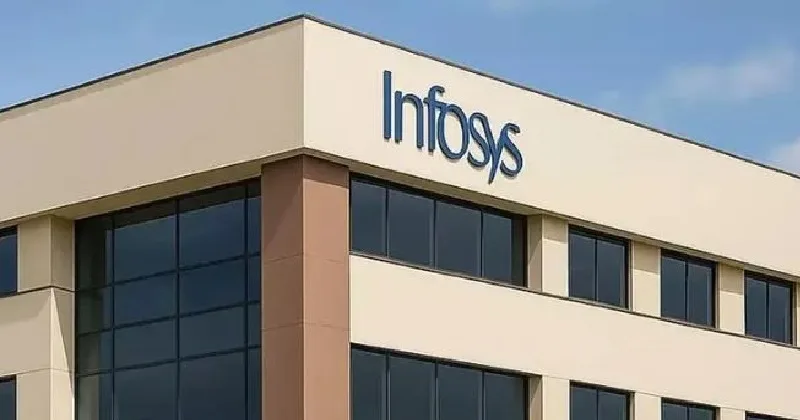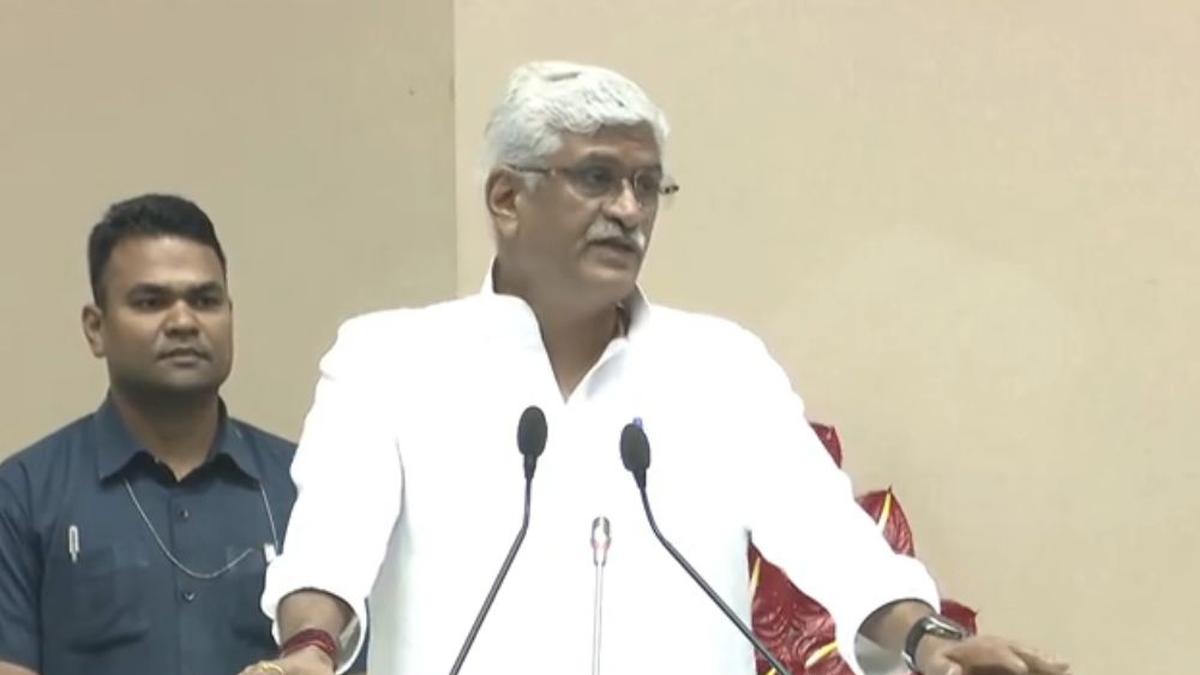
Park Chan-wook struck a candid note about the state of Korean cinema at a press conference for “No Other Choice,” the opening film of the 30th Busan International Film Festival.
The drama, which premiered in Venice last month, is adapted from Donald E. Westlake’s 1997 novel “The Ax” and reimagines the story through the lens of a struggling Korean family.
The film follows a man who is fired from his longtime job at a paper manufacturer. As his prospects dwindle, he goes to brutal lengths to secure employment and protect his family — a narrative Park said resonated with him as an allegory for the struggles of today’s filmmakers. “The vanishing paper trade is not unlike what we face in cinema,” he observed. “Both are industries many once thought indispensable, yet both are fighting for survival.”
He also tied the film’s darker themes to contemporary anxieties about technology. “The problem of AI is raised in the film’s final act, and it reflects a fear we all share. Even if it has not yet transformed our industry, the pace of development is impossible to measure. Nobody knows what might happen soon,” Park cautioned.
Speaking to local and international press, Park also voiced unease over the state of the Korean film industry, which after suffering a horrendous first half of the year, is faring slightly better since July. “Right now the industry is going through enormous difficulty,” Park said. “Theatrical exhibition is facing even greater challenges than filmmaking itself. We all wonder whether theaters can survive this crisis and once again become a place that audiences truly love.”
Park stressed that “No Other Choice” was made for the big screen. “This is a film that demands to be experienced in a theater,” he said. “If audiences return and rediscover that joy, it can help cinema recover.”
Lead actor Lee Byung-hun echoed the call for theatrical support. “Even I found new things in the film the second and third time I saw it,” he said. “The details of the performances and the mise-en-scène only come alive on a big screen. That is why people must see it in cinemas.”
Co-star Son Ye-jin emphasized the emotional grounding of the story, saying she approached her role “as both a mother and a wife in very ordinary situations,” and hoped audiences would connect to the portrait of endurance under pressure. “It may be a story about paper, but it is also about how people adapt, endure and love,” she said.
The ensemble cast present included Park Hae-soo, Lee Sung-min and Yum Hye-ran, who praised Busan as a symbolic home for Korean cinema. Yet it was Park’s warnings that lingered, situating “No Other Choice” not just as a taut adaptation of Westlake’s novel but as a reflection of an industry grappling with existential uncertainty.



